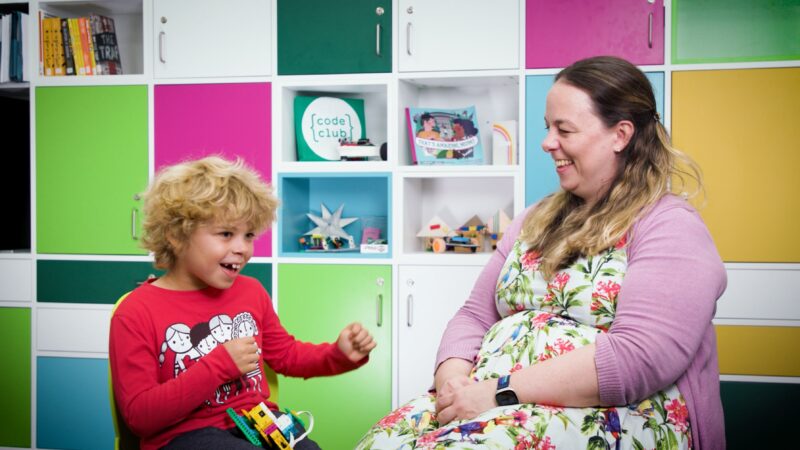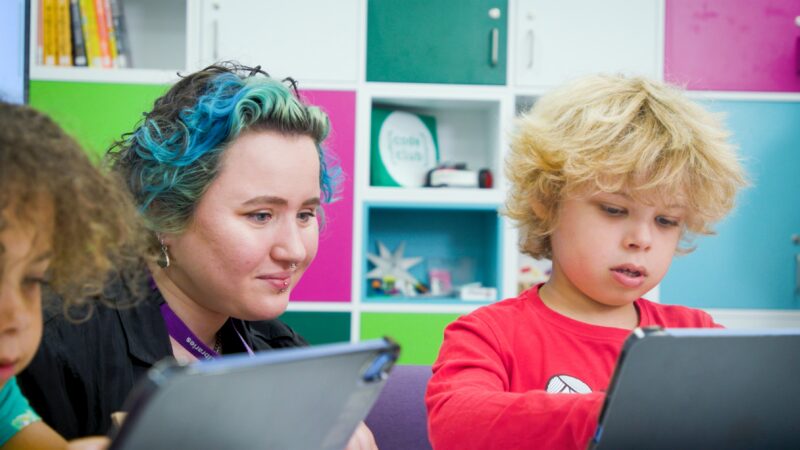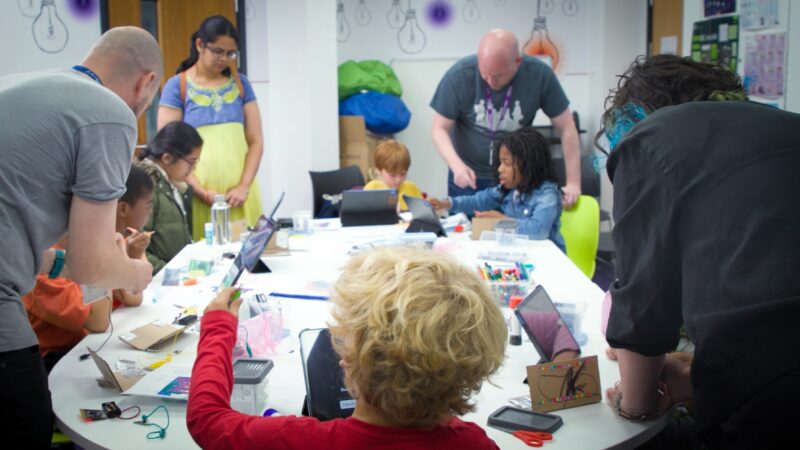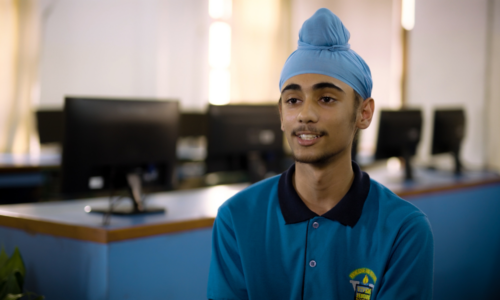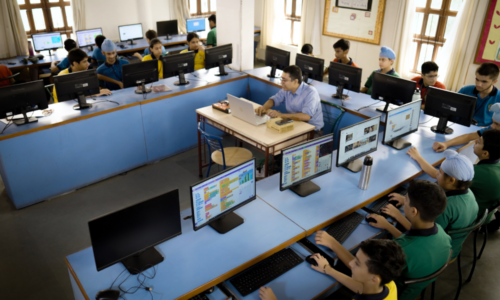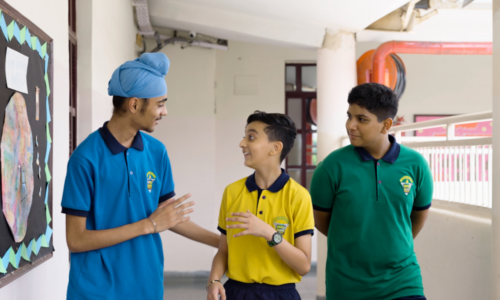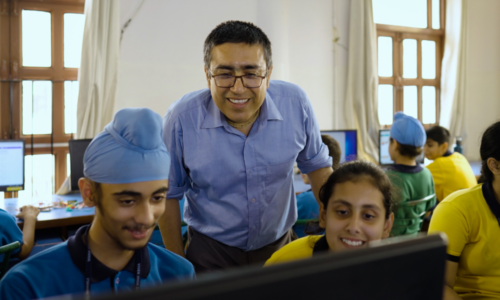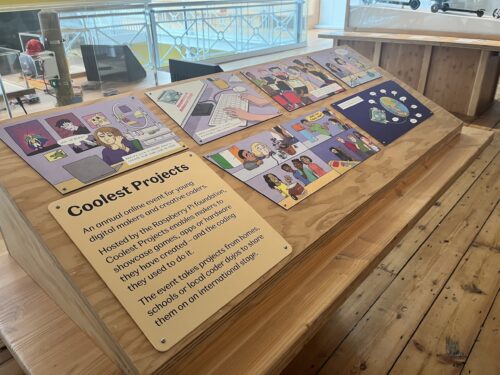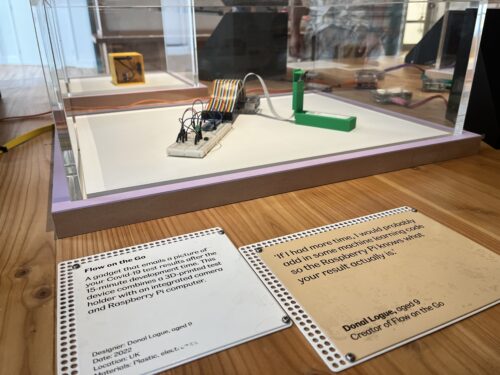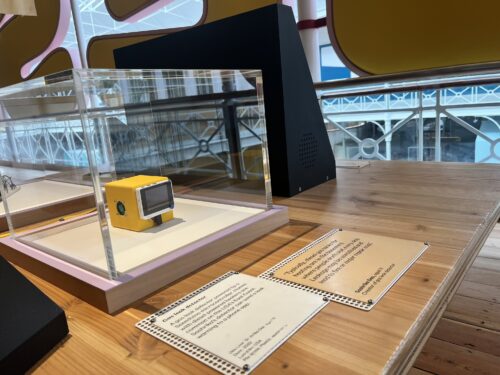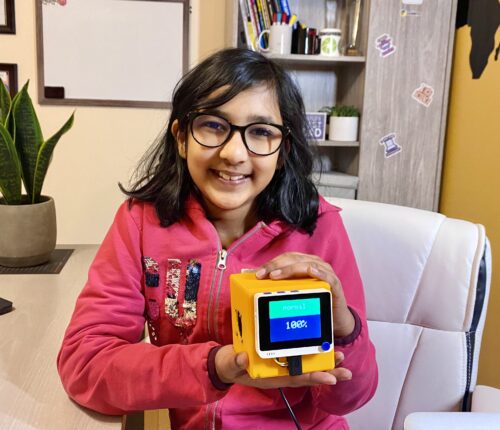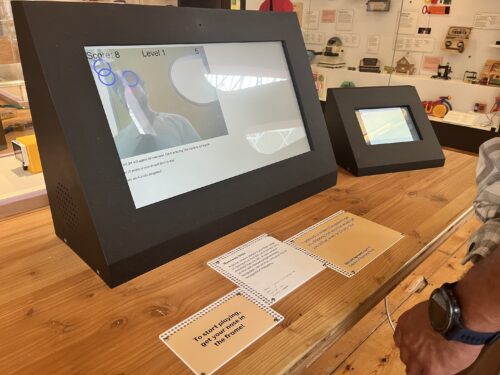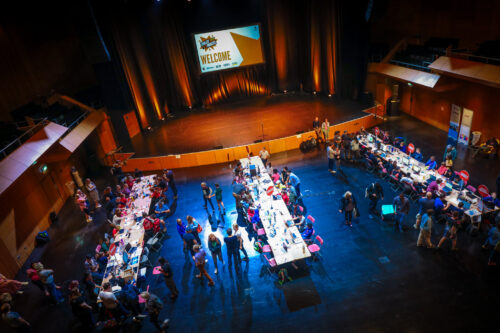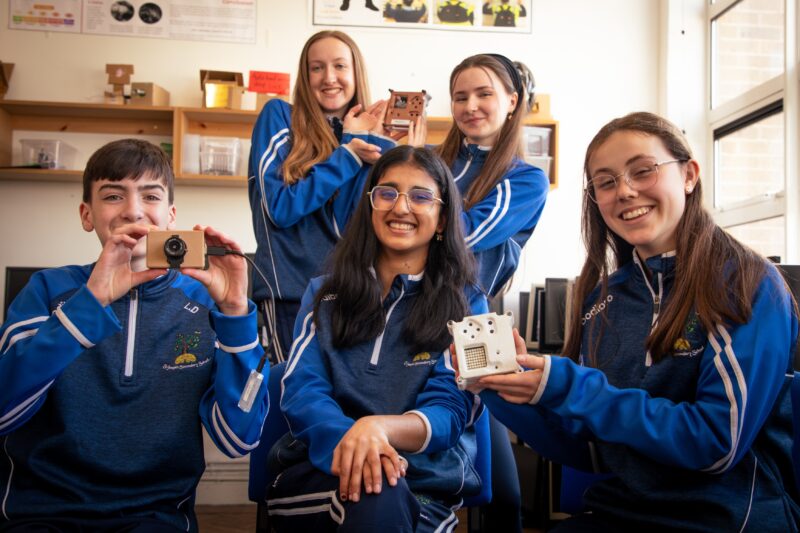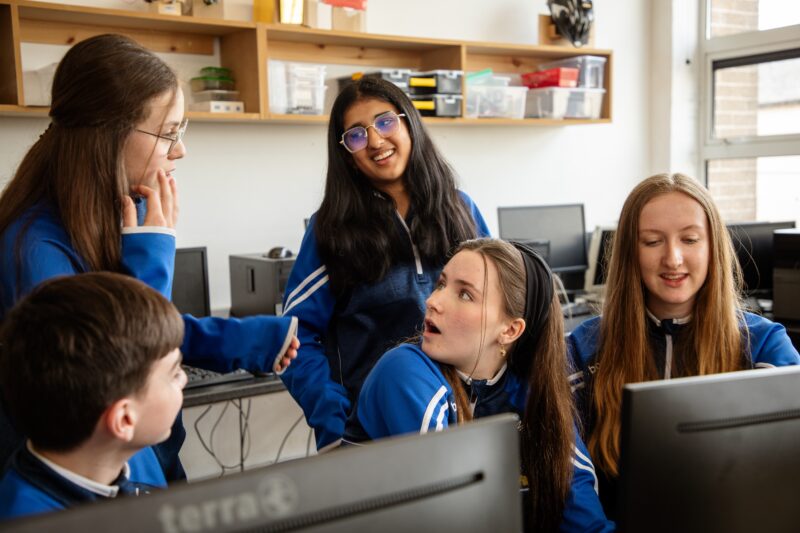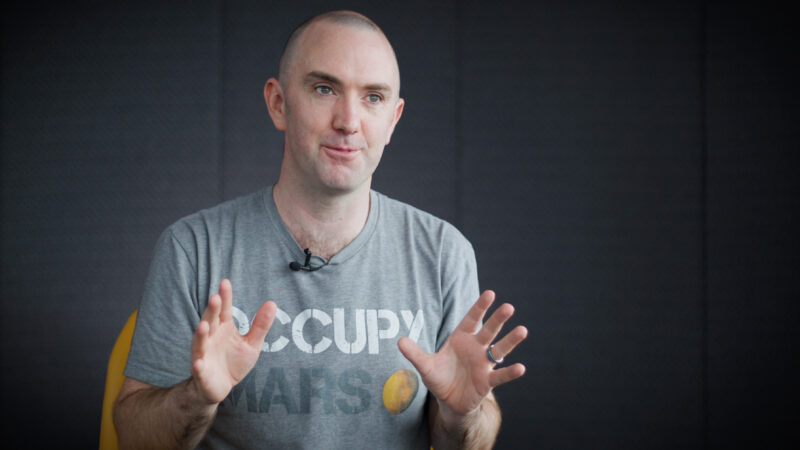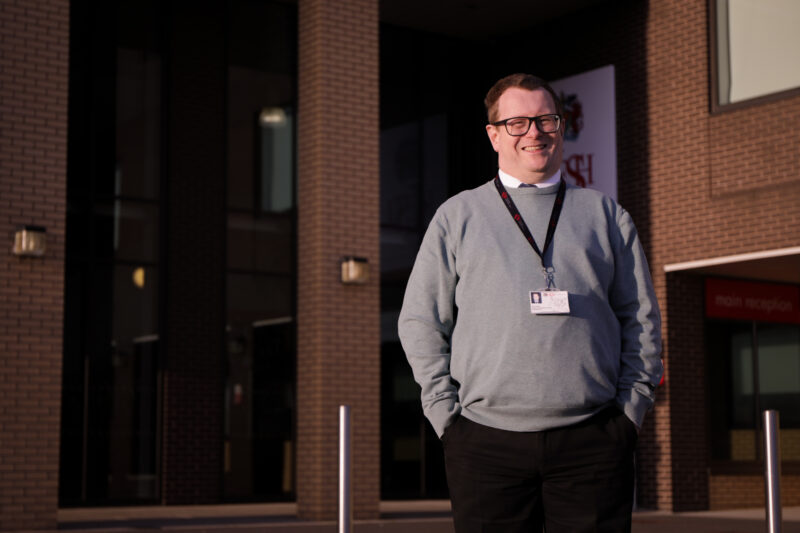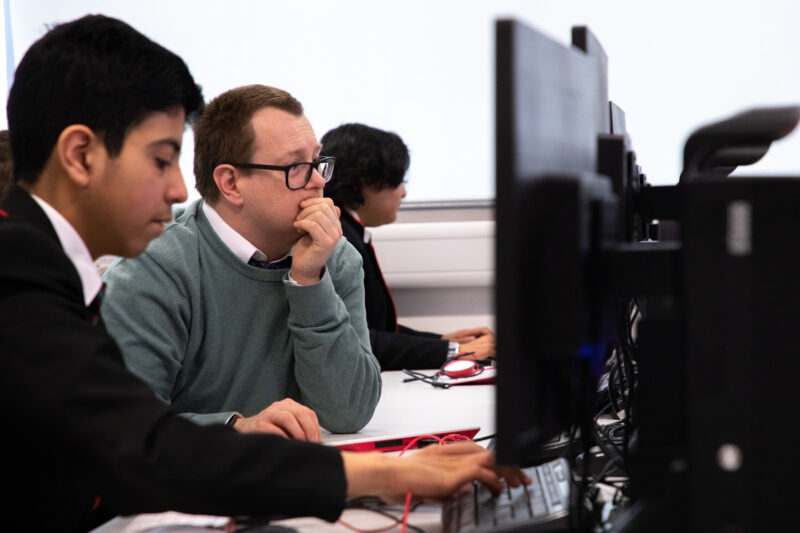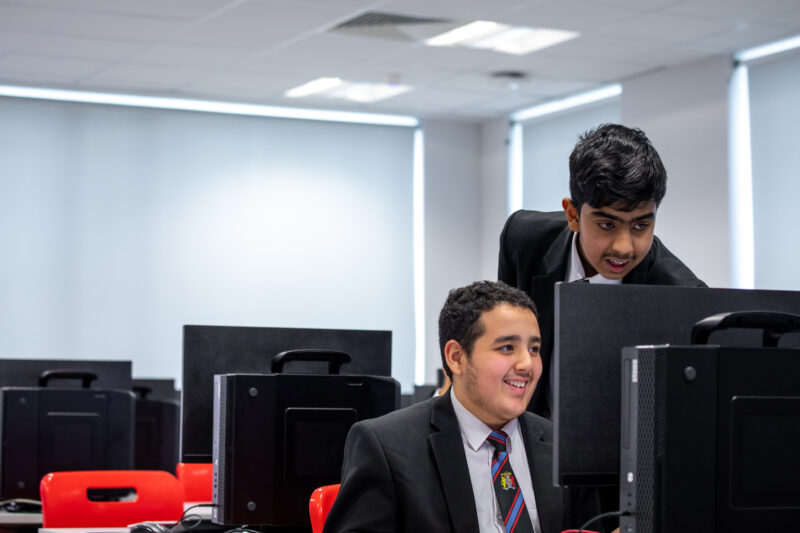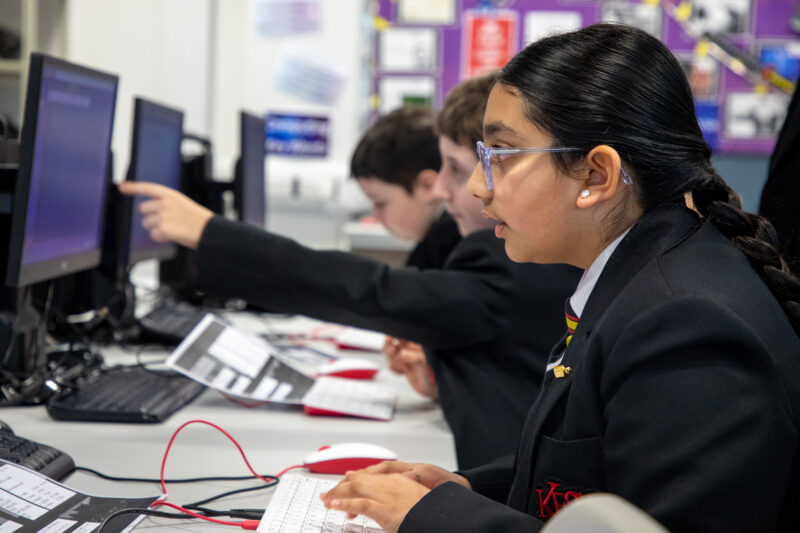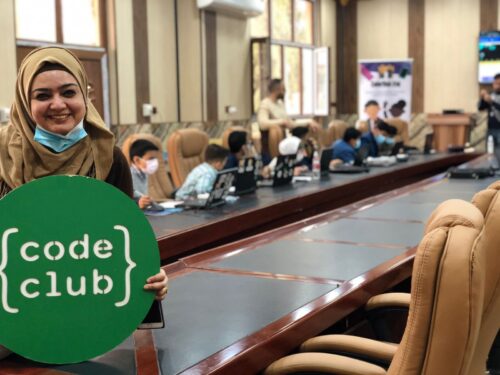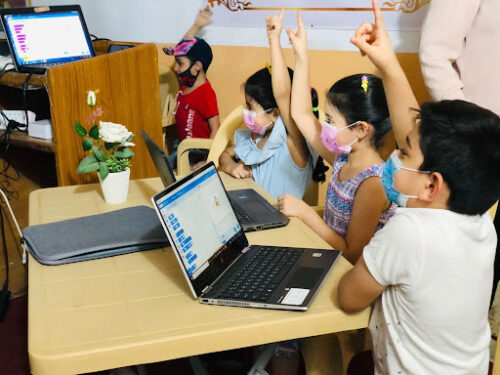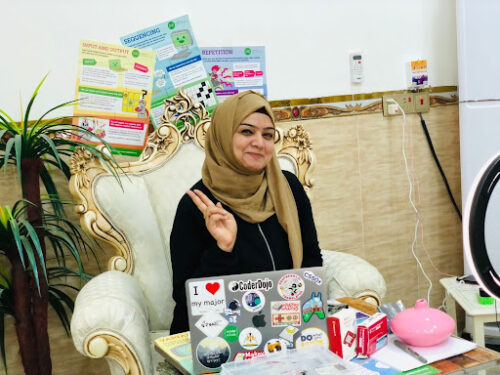Post Syndicated from Sophie Ashford original https://www.raspberrypi.org/blog/celebrating-the-community-arno-timo/
We love hearing from members of the community and sharing the stories of amazing young people, volunteers, and educators who are using their passion for technology to create positive change in the world around them.
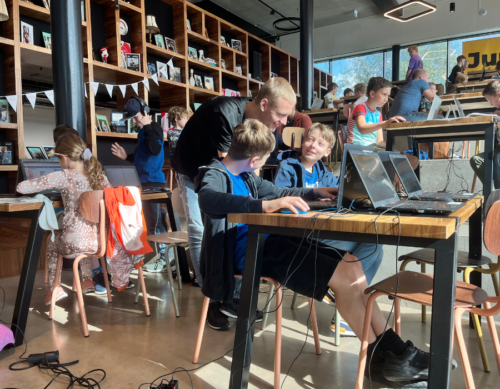
In our latest story, we’re heading to Alkmaar, the Netherlands, to meet Arno and Timo, CoderDojo enthusiasts who have transitioned from club members to supportive mentors. Their journey at CoderDojo and their drive to give back and support the next generation of coders in their community has been an inspiration to those around them.
Introducing Arno and Timo
Arno and Timo have been friends since childhood, and embarked on their CoderDojo journey at the age of 12, eager to explore the world of coding. Under the guidance of mentors like Sanneke, Librarian and Chair of CoderDojo Netherlands, they not only honed their technical skills, but also learned about the value of collaboration, curiosity, and perseverance. As they grew older, they in turn were inspired to support young coders, and wanting to remain part of the CoderDojo community, they decided to become mentors to the next generation of club attendees.
Having been helping younger members of the club for years, the transition to official mentors and proud owners of the much-coveted mentor T-shirt was seamless.
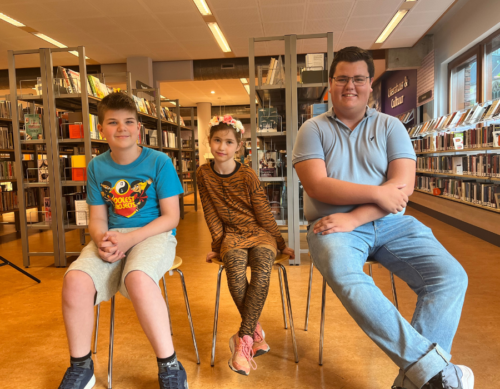
The power of mentorship
Sanneke reflects on the impact young mentors like Timo and Arno have on the young learners at CoderDojo:
“Having young mentors who are just slightly older than our youngest… I think it helps them to see what happens when you grow up and how they can help. They can be examples for how to help others.” – Sanneke, Librarian, CoderDojo mentor, and Chair of CoderDojo Netherlands
Timo echoes this sentiment, highlighting how mentoring provides a fantastic opportunity to help people and make a positive impact in the local community:
“I think volunteering is important, because you’re doing something for the community, in a city or village, supporting them in their journey in learning coding.” – Timo
As they continue their journey, Timo and Arno remain committed to supporting and inspiring the next generation of coders. They also encourage anyone who is thinking of volunteering at a club to give it a go:
“If you want to volunteer at the CoderDojo, just go for it. You don’t really need that much experience. […] The kids can learn it, so can you.” – Arno
The CoderDojo movement in the Netherlands is celebrating a decade of impact, and champions a culture of growth and learning. Arno and Timo’s story serves as an inspiration to us all, shining a light on the power of mentorship and the impact of volunteering in building stronger, more supportive communities.
Inspire the next generation of young coders
Arno and Timo’s story showcases the importance of mentorship for both individuals and communities, and the real impact you can have by donating an hour of your time a week. If you’re interested in becoming a CoderDojo volunteer, head to coderdojo.com to find out how to get started.
Help us celebrate Arno and Timo and their inspiring journey by sharing their story on X (formerly Twitter), LinkedIn, and Facebook.
The post Celebrating the community: Arno & Timo appeared first on Raspberry Pi Foundation.

